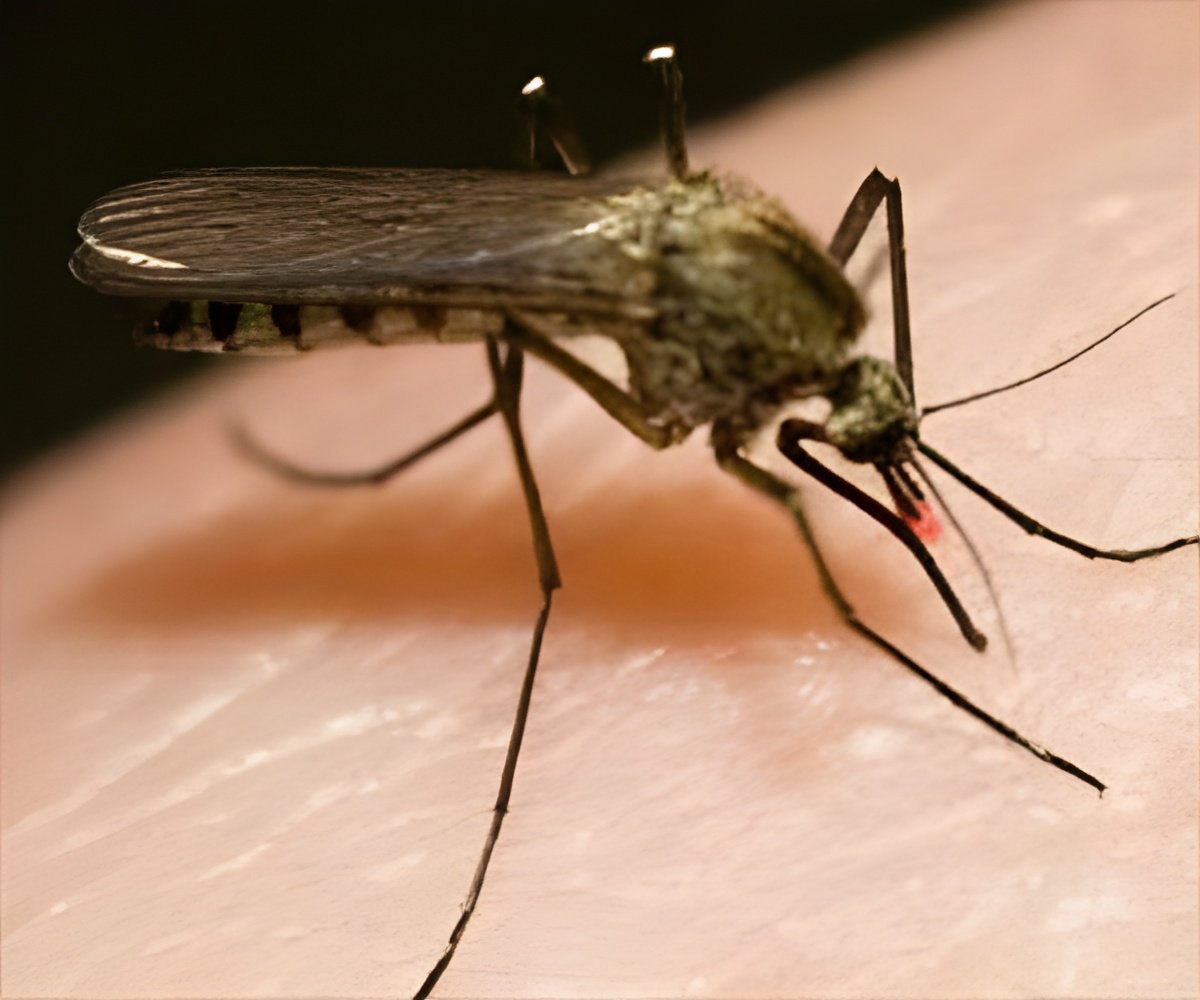
‘The Zika virus originated in Africa and has spread rapidly through Latin America since it was first detected in the region last year.’
Tweet it Now
Doctors think Pietro turned out this way because Mateus's wife, Kleisse, was bitten while she was pregnant by a mosquito carrying Zika. The virus originated in Africa and has spread rapidly through Latin America since it was first detected in the region last year. "When he was born, it was like a bombshell. I had so many dreams for him. I wanted him to do sports, to play, to be healthy and strong," Mateus told AFP, holding Pietro as he and his wife awaited their turn at a special clinic set up for babies with microcephaly in Salvador, the capital of the hard-hit state of Bahia.
Kleisse was five months pregnant when she came down with Zika, which causes mild flu-like symptoms and a rash. "I went to the doctor and he told me there was no risk for my baby. But when he was born, on November 22, they told us he had microcephaly, and that's when we found out he would never be a normal little boy," said Kleisse, 24.
As she speaks, Pietro squirms in her husband's arms. His body is stiffer and his head less soft than an infant with normal brain development -- typical of babies with microcephaly. Pietro is the couple's first child together, and Kleisse said she couldn't stop crying after his birth.
"I've calmed down now, but I'm still afraid for my son's future," she said. "Will he be able to walk or talk?" Ana Paula Santos, 34, has a similar story. "I caught Zika while I was pregnant. They told me nothing would happen, but in my eighth month they detected microcephaly. I haven't been able to sleep since," she said, holding six-week-old Flavia in her arms. "I was devastated to find out I would have a baby like this. I didn't expect it."
Advertisement
The waiting room is crowded, as it has been every Wednesday since the neuropediatrics department at Sister Dulce, a Catholic hospital in Salvador, set up this weekly clinic exclusively for microcephaly cases.
Advertisement
It is important to treat babies who have the condition by stimulating the undamaged areas of the brain as early as possible, she said. Brazil first sounded the alarm in October, when a rash of microcephaly cases emerged in the northeast, several months into the Zika outbreak.
Since then, there have been 270 confirmed cases of microcephaly and 3,448 suspected cases, up from 147 last year. Mateus and Kleisse are still trying to adapt to their new reality. But one thing they are sure of is that they won't love their son any less, they say.
"The last time we were here and there was a woman waiting for the doctor and her baby was all covered, almost hidden. I asked her why her child was like that. And she told me she was ashamed of her baby," said Mateus.
"But you have to love your child. He didn't ask to be born this way. If it was up to him, he wouldn't be born with this disease. You just have to love him." At that moment, Pietro turned his head toward his father. "He understood," said Kleisse with a smile.
Source-AFP












